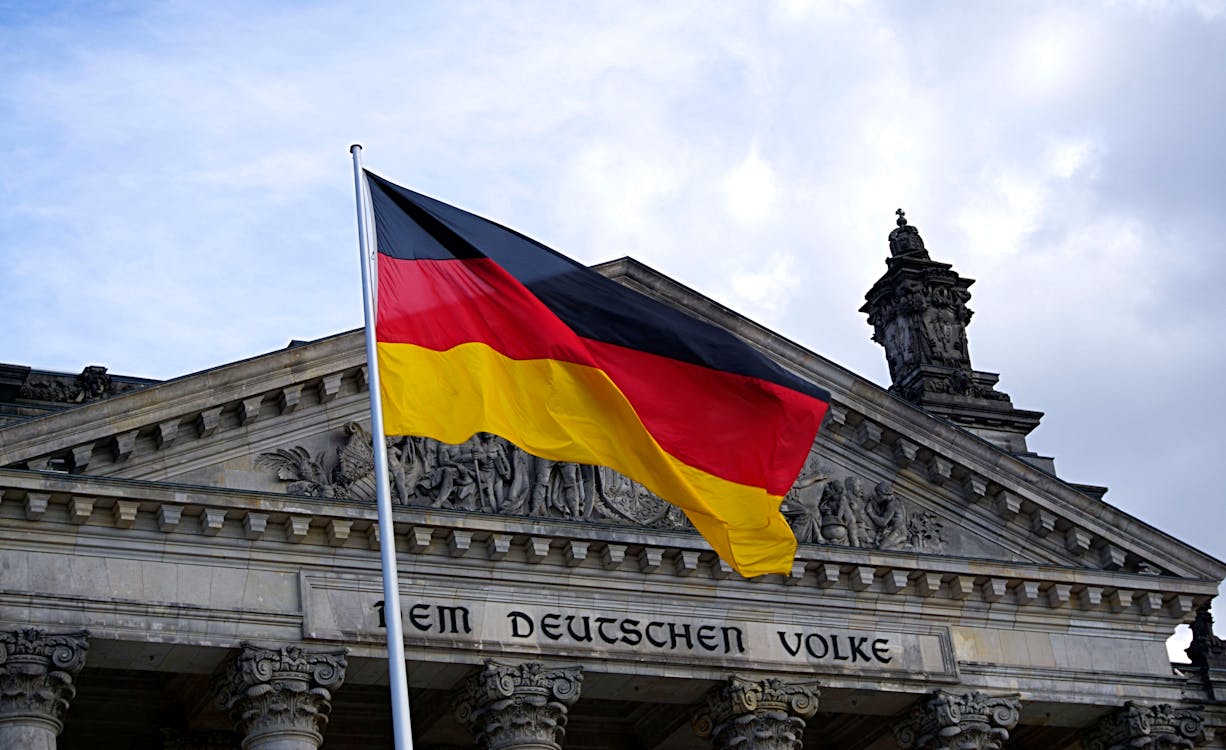
Berlin techno added to UNESCO cultural heritage list
Mar 14, 2024
Berlin [Germany], March 14: UNESCO announced on Wednesday that it has added six new entries in Germany to the intangible cultural heritage list, including Berlin techno.
The German capital has become world famous for its vibrant techno scene. However, the Berlin clubs are still suffering from the aftermaths of the COVID-19 pandemic.
Lutz Leichsenring, a member of the executive board of "Clubcommission" in Berlin, a network of clubs and cultural promoters, told DW that the designation was "another milestone for Berlin techno producers, artists, club operators and event organisers."
Clubcommission also supports the preservation and development of Berlin's club culture.
"The decision will help us ensure that club culture is recognized as a valuable sector worthy of protection and support," Lutz said.
According to UNESCO, intangible cultural heritage refers to mainly cultural forms of expression, which are directly linked to human creativity and traditions, and which people pass those on through generations and are constantly evolving.
This includes practices, rituals, knowledge, skills and performing arts such as music, dance and theater, which are meant to be preserved and kept alive.
"Kraftwerk and African-American DJs and producers like Underground Resistance from Detroit, made a significant contribution to the creation and spread of techno culture," said Leichsenring.
Together with the German UNESCO Commission, the Conference of Culture Ministers and Germany's Federal Commissioner for Culture and the Media Claudia Roth announced the six new entries in Berlin and the former capital, Bonn.
UNESCO's list now has 150 entries in Germany.
Along with Berlin's techno scene, the Finsterwalde singing tradition was added.
The "Kirchseeon Perchtenlauf," a winter parade in Bavaria where participants dress in furry monster costumes, was also added.
"Schwalmer Weißstickerei," a tapestry sewing style from the state of Hesse, apple cider Viez, as well as mountaineering in Saxony, all made the list.
"Whether subculture or traditional craftsmanship, all of this is part of the cultural wealth of our country," said Roth.
Vice President of the German UNESCO Commission Christoph Wulf added "our living heritage creates community and brings people together day after day."
Source: Times of Oman









